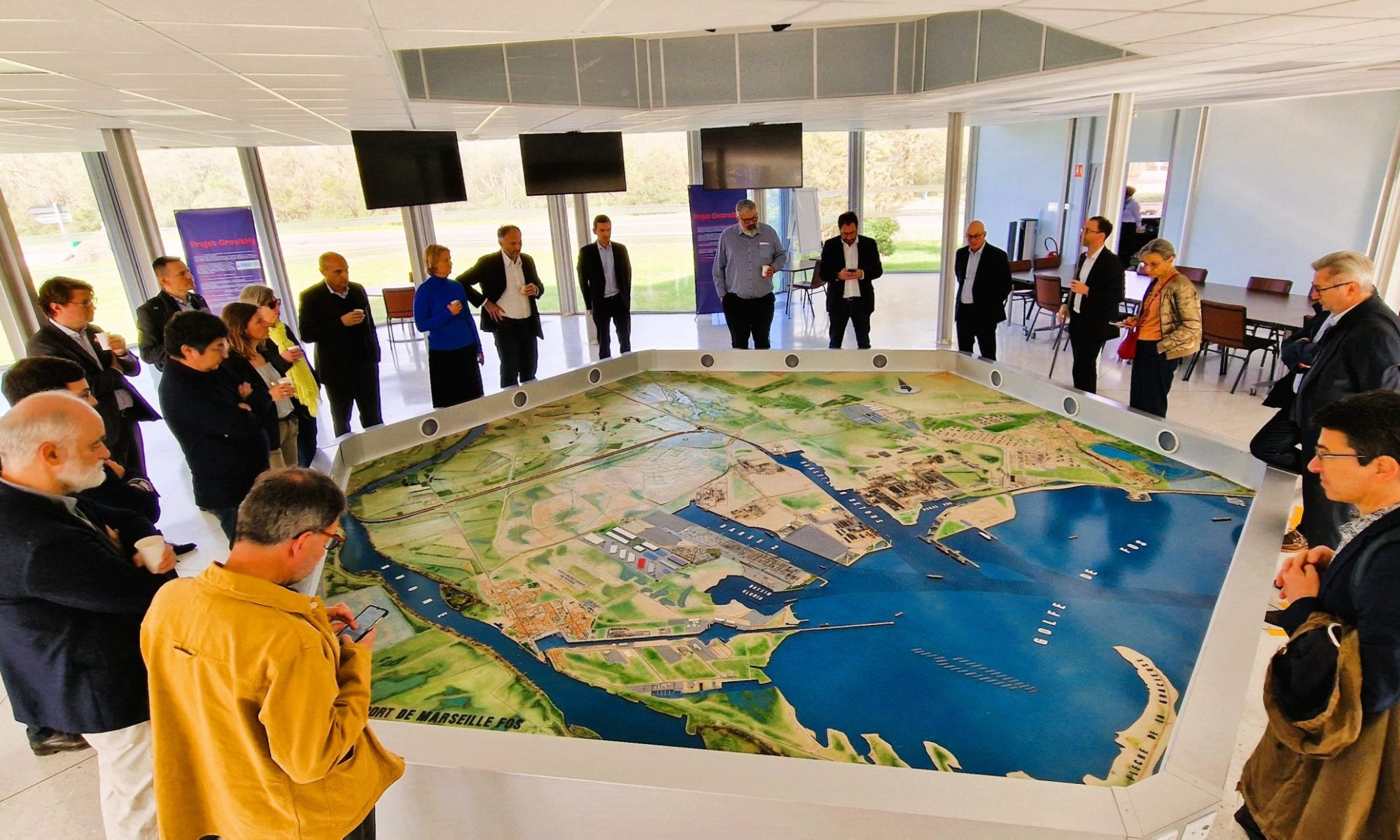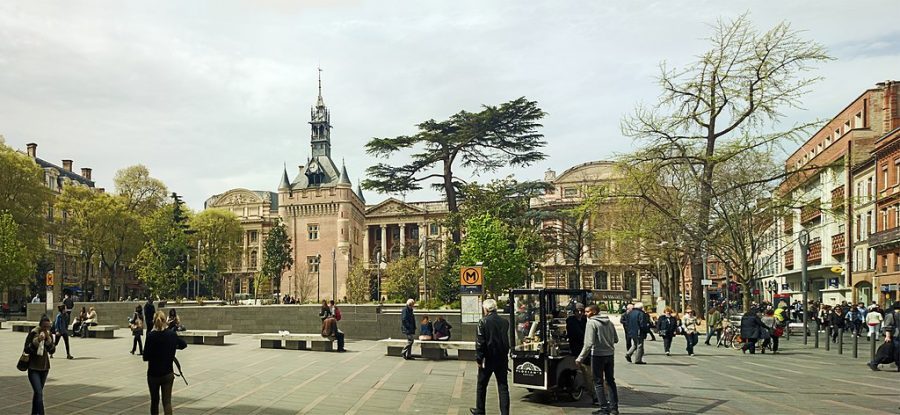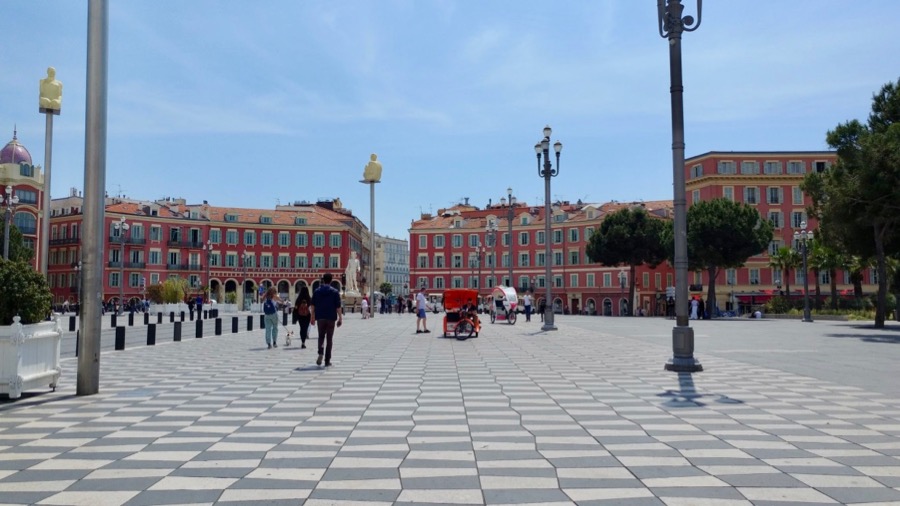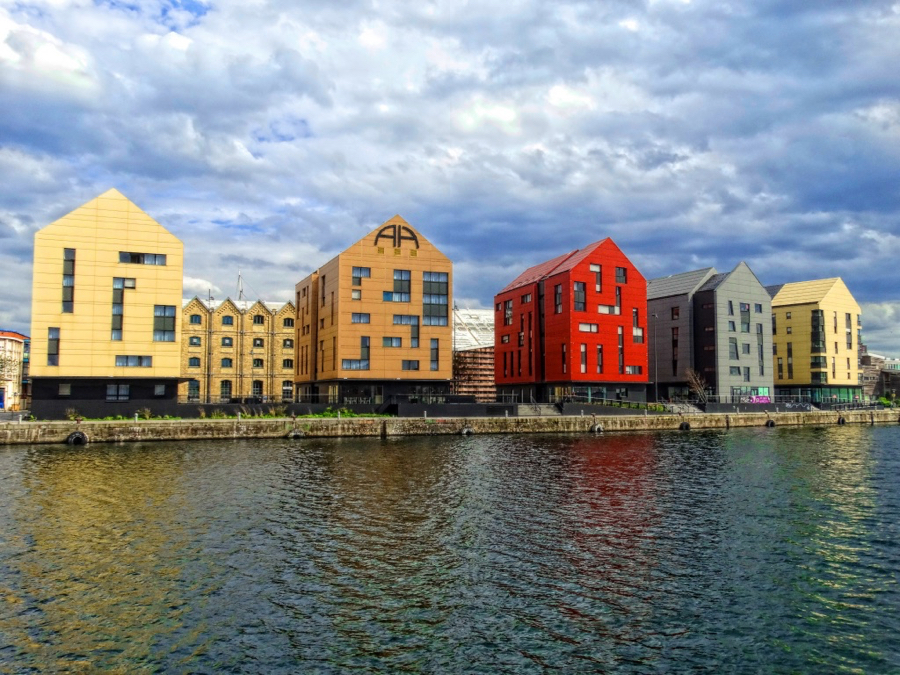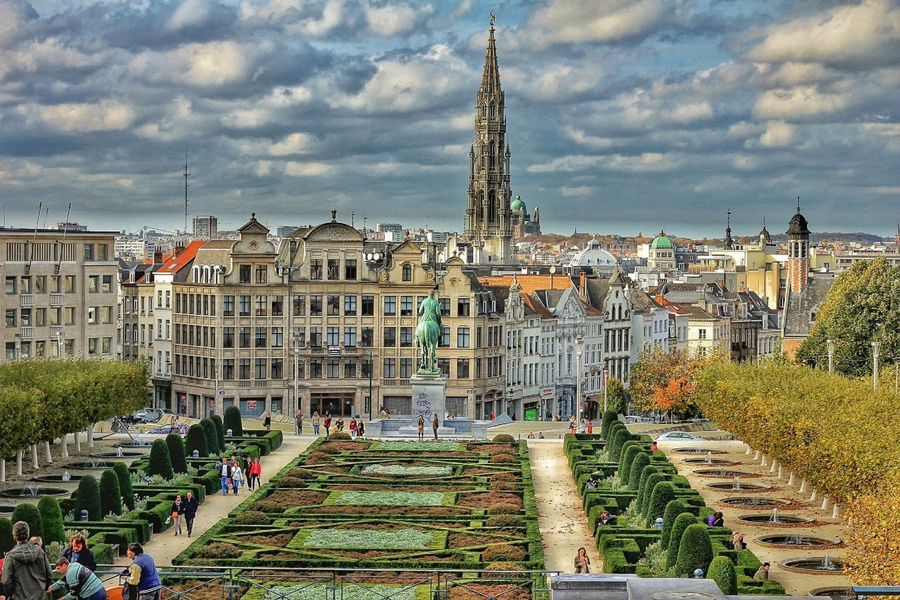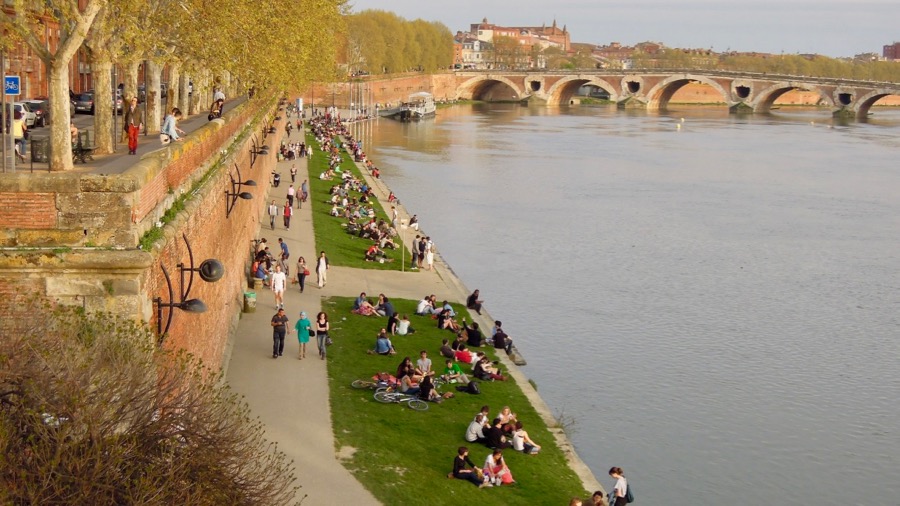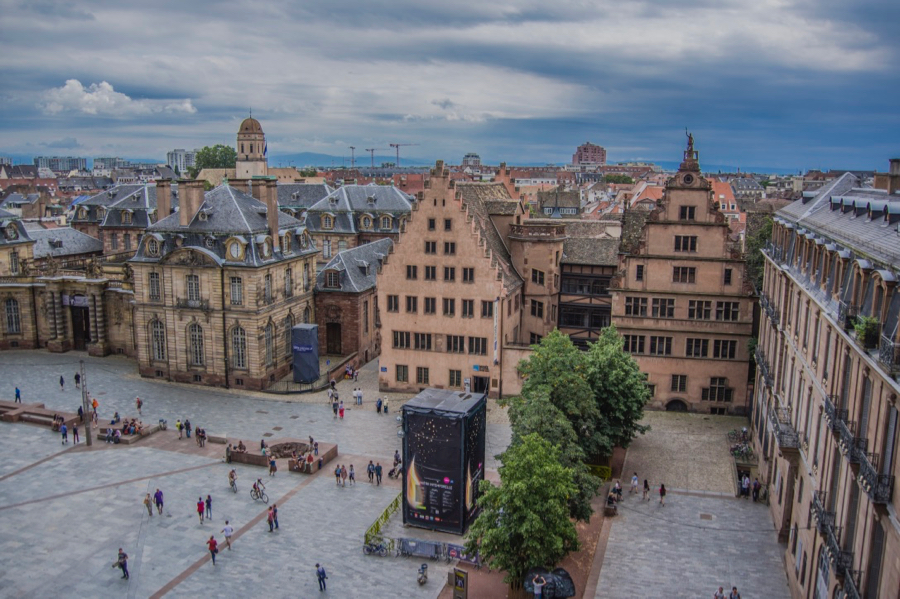A) Metropolises and their academic system
From one metropolis to the other, the relationship between local authorities and universities vary a lot. It may often need strengthening but its potential for strategic and fulfilling cooperation for both sides is undeniable.
B) Strategic management of human resources
Recruiting et retaining workers is a challenge for every metropolis, requiring very elaborate action plans.
Keep reading